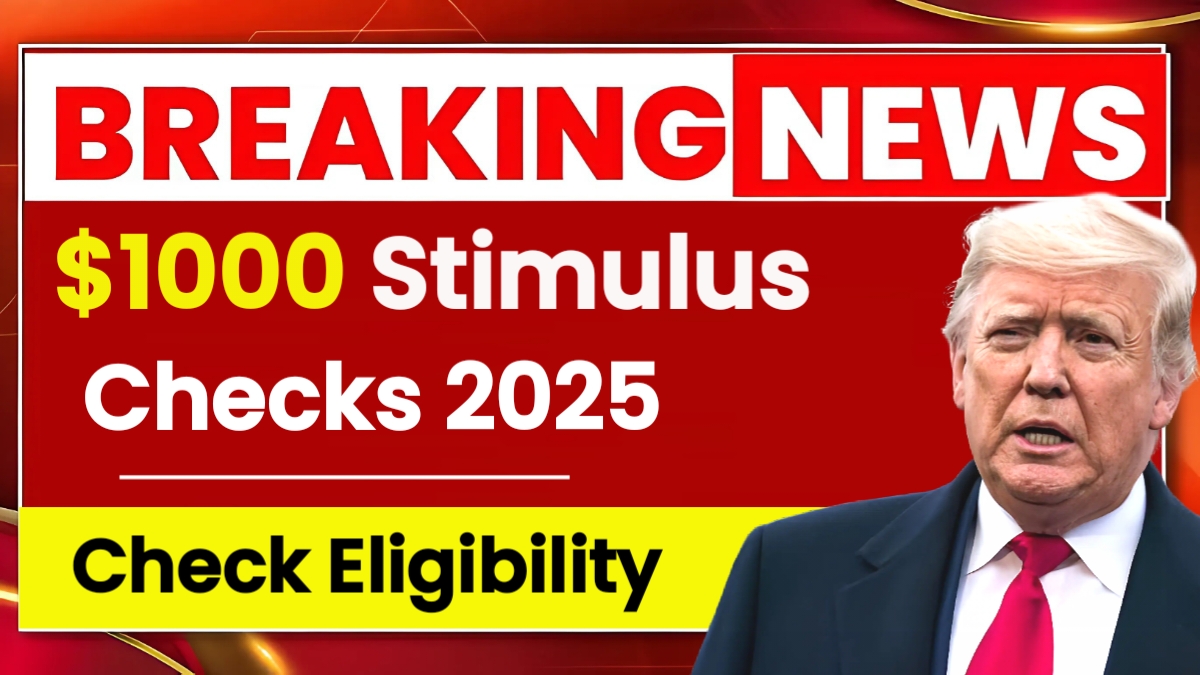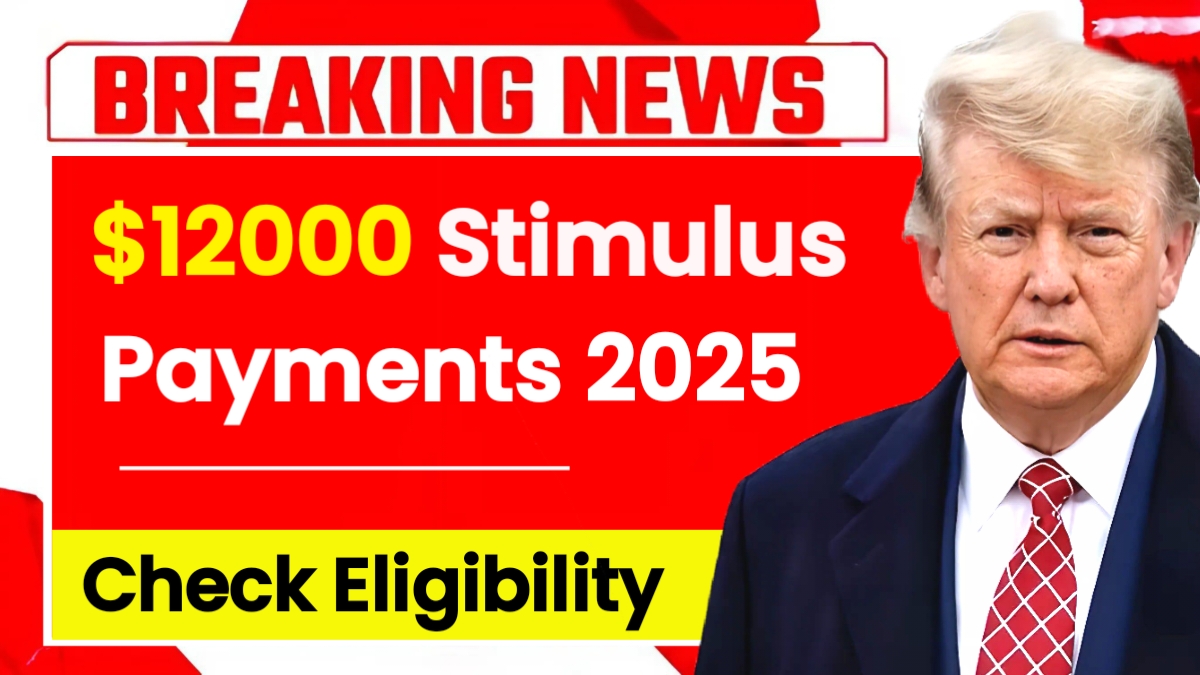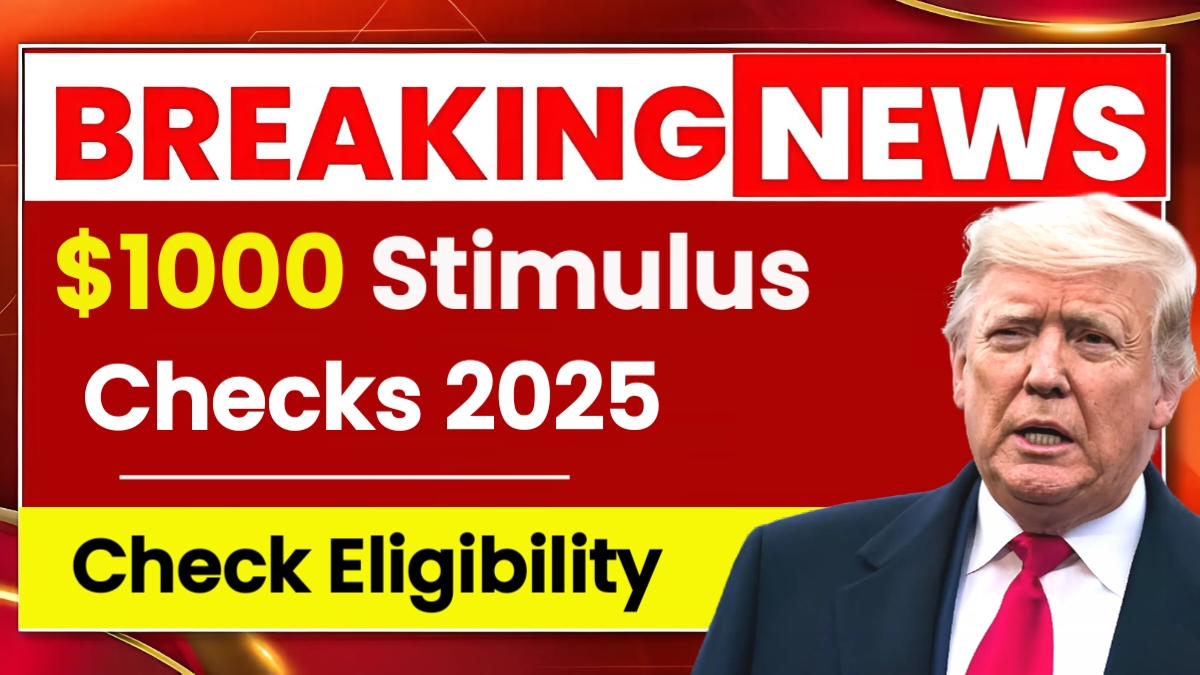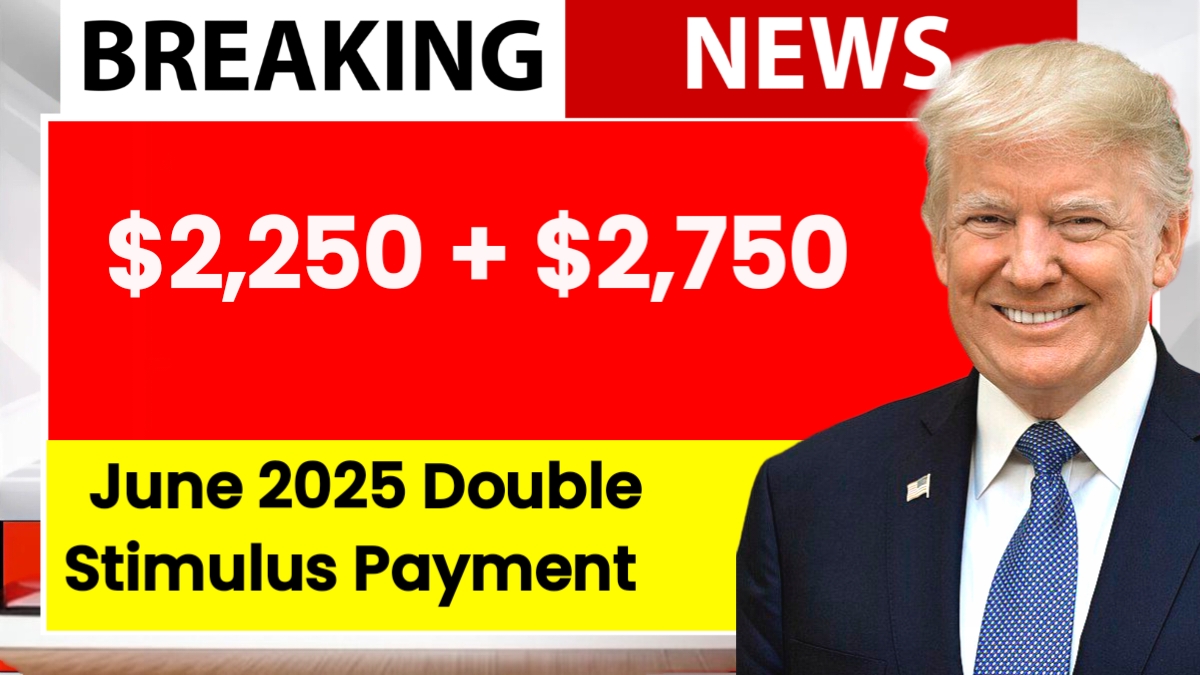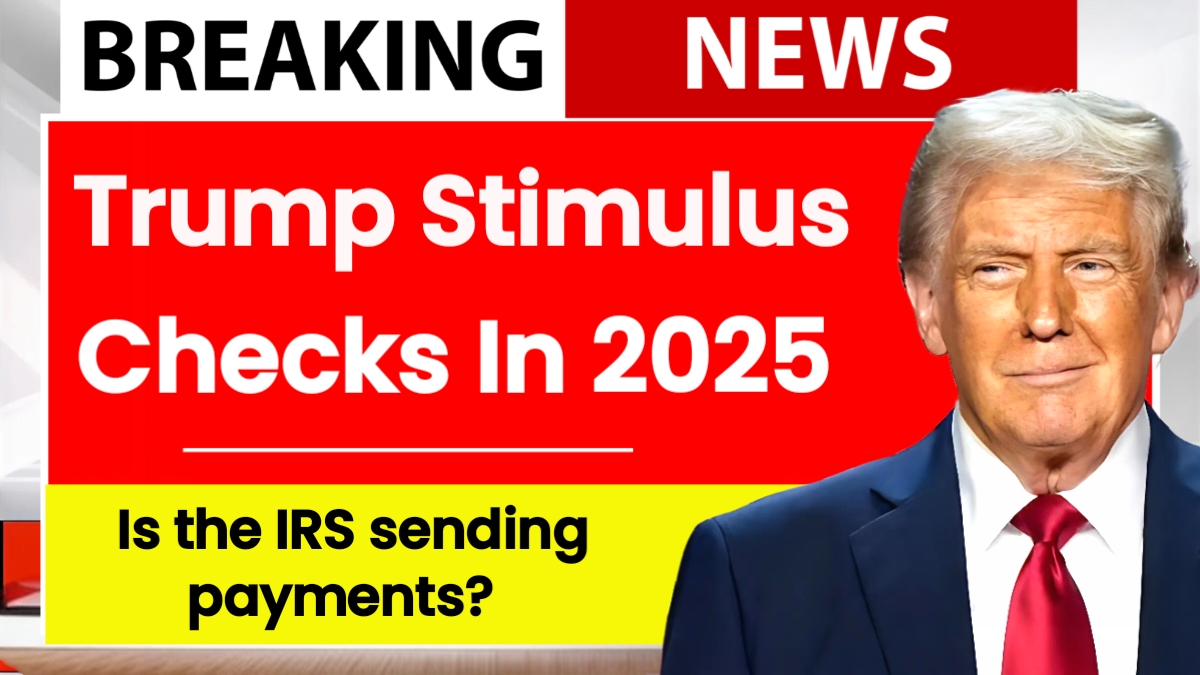$1000 Stimulus Checks 2025: The Trump Accounts Program represents a significant new policy proposal that would provide every eligible American newborn with a $1,000 investment account automatically created by the government. This initiative is part of a larger budget bill that has already passed the House of Representatives and is currently awaiting Senate approval.
The program aims to give children a financial head start from birth by investing their initial $1,000 in the stock market through index funds. The accounts would track a stock index and allow for additional private contributions of up to $5,000 per year. This approach is designed to help families build wealth over time through the power of compound growth.
Who Can Participate in the Program
Every child born in the United States between January 1, 2025, and January 1, 2029, would be automatically enrolled in the program, provided they have a Social Security number and their parents also have Social Security numbers. The eligibility requirements are straightforward and include being a U.S. citizen and having at least one parent with work authorization.
The automatic enrollment feature is considered crucial because it ensures the program reaches families who might not otherwise know about such investment opportunities, particularly those with lower incomes who could benefit most from this financial boost. Parents don’t need to fill out complicated paperwork or navigate bureaucratic processes to participate.
How the Money Can Be Used
The Trump Accounts are designed as long-term investment tools rather than immediate spending money. The accounts are intended for expenses tied to higher education, buying a home, or starting a small business. Children cannot access these funds until they reach age 18, and there are specific rules about how the money can be used.
When account holders turn 18, they can use the money for education expenses, purchasing their first home, or launching a business venture without paying penalties. However, if they withdraw money for other purposes before age 30, they face a 10% penalty plus regular income taxes on the withdrawal.
The Potential for Growth
According to research from the Milken Institute, a $1,000 investment in a broad equity index fund could grow to an average of $8,000 over 20 years. This growth potential becomes even more significant when families make additional contributions to the accounts over time.
The program allows families and other supporters to contribute up to $5,000 annually to each child’s account, creating opportunities for substantial wealth accumulation. These additional contributions also grow tax-deferred, meaning families won’t pay taxes on the investment gains until money is withdrawn from the account.
Current Status and Expert Opinions
The proposal has received bipartisan support and is generally favored by economists and researchers, though some experts suggest modifications that could make it more effective at reducing wealth inequality. The program has successfully passed the House and now awaits consideration in the Senate.
Some critics point out that because all families receive the same $1,000 regardless of their income level, wealthier families who can afford to make larger additional contributions may benefit more than those who need help most. This has led to discussions about whether the program should be targeted more specifically toward lower-income families.
Looking Ahead
The Trump Accounts Program represents an unprecedented federal investment in giving American children a financial foundation from birth. If approved by the Senate, it would mark the first time the federal government has created such a universal savings program for newborns. The success of similar state-level programs in places like Connecticut and Colorado has provided valuable insights that helped shape this national proposal.
Whether this program becomes law depends on Senate approval and ongoing budget negotiations. However, the concept of providing every American child with an investment account from birth has generated significant interest from policymakers, families, and financial experts who see it as a potential tool for building long-term economic security.
Disclaimer: This article is based on publicly available information about a proposed policy that has not yet been fully enacted into law. The details of the Trump Accounts Program may change as the legislation moves through the Senate and the final implementation process. Readers should consult official government sources for the most current and accurate information about this program’s status and requirements.
